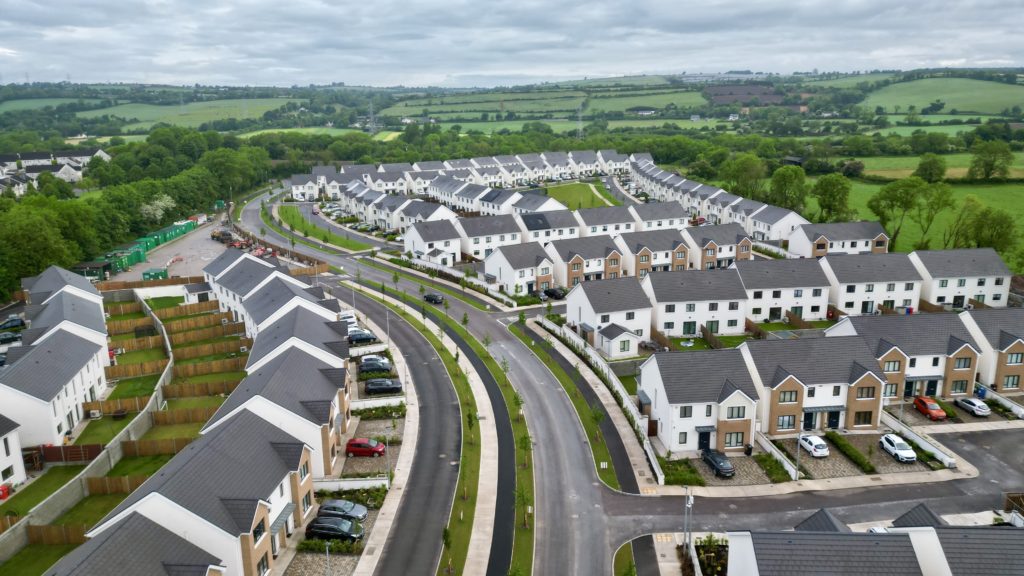Buying Vs Renting - Overview
The question, "Is it cheaper to rent or buy a house?" is one that many Irish individuals and families grapple with. The decision is a significant one, with both financial and lifestyle implications. While the ultimate answer may vary depending on personal circumstances, we'll dive deep into the specifics to help shed some light on this multifaceted issue.
Pros and Cons of Buying
Pros
When you buy a house, you're making a long-term investment that can potentially appreciate over time. It offers stability as you're not at the mercy of landlords who can raise rents or sell the property. Moreover, you have the freedom to decorate or renovate your home as you wish.
Cons
However, homeownership comes with significant financial responsibilities. It can tie up a substantial portion of your financial resources, not just in the initial purchase but also in ongoing maintenance costs and taxes. Also, it doesn't offer the same mobility as renting; selling a house can be a slow and complex process if you need to relocate.
Costs Involved With Buying
The initial costs of buying a house are considerably higher. These include a down payment, stamp duty, legal fees (conveyancing costs), surveyor's fees, and possibly more if you're caught up in a bidding war. You'll also need to factor in Local Property Tax (LPT), which is based on the market value of the property.
In addition, maintenance costs for homeowners are substantial. These can include boiler repairs, electrical work, or even just routine decoration, which can add up quickly. While it's harder to predict these costs, budgeting for around 1% of the property value per year is a good starting point.
Pros and Cons of Renting
Pros
Renting a house provides more flexibility. It's easier to move, whether for a job or other personal reasons. Maintenance costs are typically covered by the landlord, which can result in significant savings. Additionally, renters may be eligible for rent supplement or housing assistance payment, which can help offset rental costs.
Cons
The major downside to renting is the lack of control. Rents can increase, and the landlord can decide to sell the property, forcing you to move. You're also not building any equity or investment for the future, unlike homeowners who are paying off a mortgage.
Costs Involved With Renting
Renting a house involves fewer upfront costs. Typically, you'll have to cover the first month's rent and a security deposit. However, rent prices, especially in urban areas like Dublin, are high and show no signs of declining.
Monthly rental payments are often higher than mortgage repayments for a similar property, although this does vary by location and the type of property. While maintenance costs are usually the landlord's responsibility, renters should factor in costs for minor repairs or damages to avoid deductions from their security deposit.
So, is it cheaper to rent or buy a house in Ireland? The answer depends heavily on your personal circumstances, including your financial status, long-term plans, and lifestyle preferences. While buying can be a good long-term investment, it requires a significant initial outlay and ongoing costs. Renting can offer flexibility and predictability in monthly expenses but may offer less stability. Therefore, it's crucial to consider all these factors carefully before making your decision.
Need More Information On Buying or Renting a House?
Why not take a look at our other posts around the topic such as how to make an offer on a property, house buying jargon busting and why you need a solicitor to buy a house.









